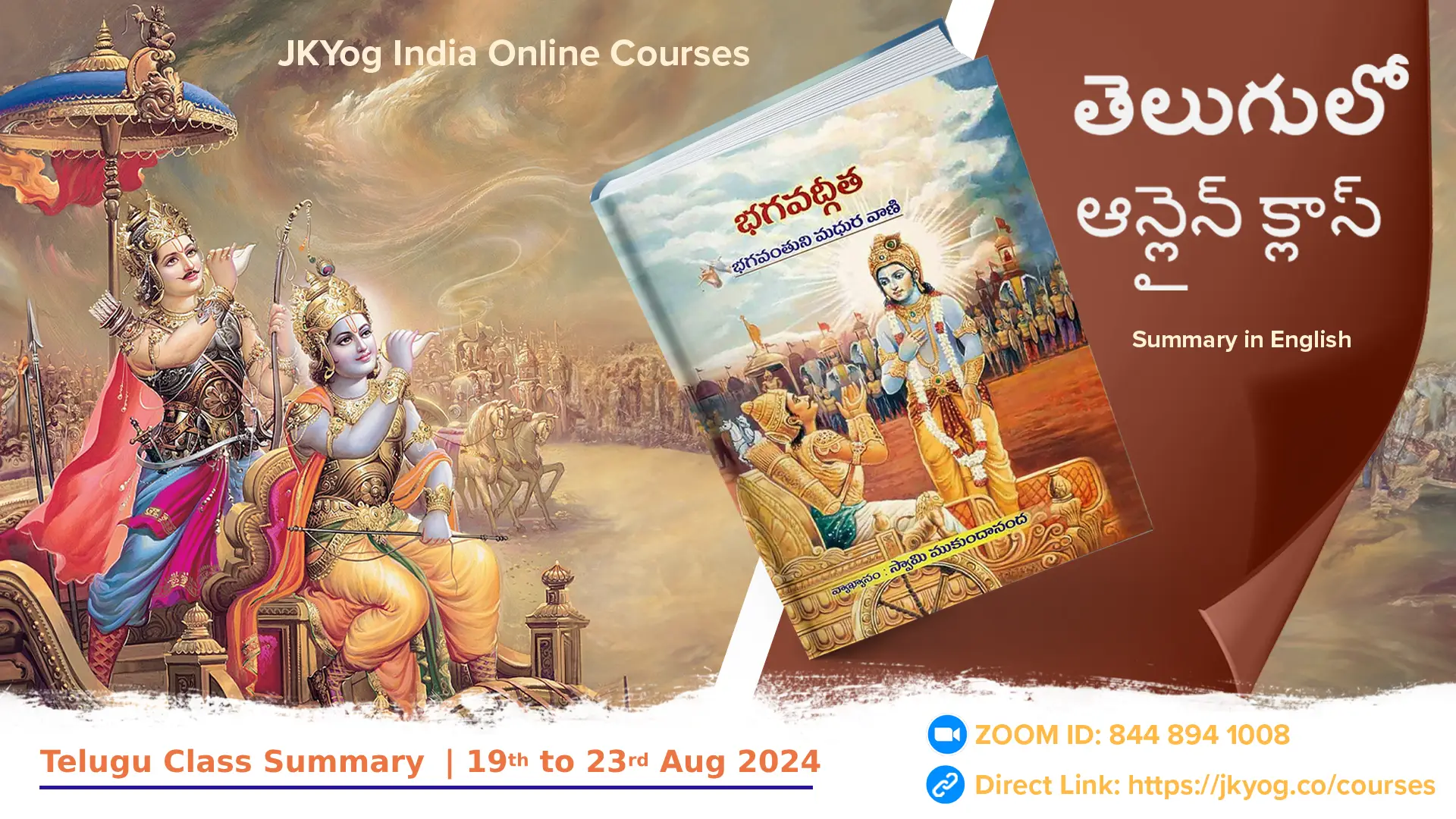The Bhagavad Gita Verse Summary 4.10-4.23
Shree Krishna teaches that those who truly understand the divine nature of His birth and pastimes, and who purify their minds through devotion, become free from attachment, fear, and anger, thereby attaining His divine love. By detaching from the world and fully absorbing the mind in God, many have cleansed their minds and received His grace, as true devotion to the Supreme Lord is the key to spiritual purity and enlightenment.
Shree Krishna explains that He responds to everyone according to how they surrender to Him. Those who seek refuge in Him are blessed with divine love, liberation, and freedom from the bonds of Maya, while even those who deny Him are still bound to serve His material energy through the law of karma.
Shree Krishna teaches that those seeking worldly gains often worship the celestial gods for quick, temporary rewards, granted by the power bestowed upon them by the Supreme Lord. However, the wise understand that instead of approaching intermediaries, it is better to seek fulfilment directly from the Supreme Lord, who is the ultimate source of all blessings.
Shree Krishna explains that the Vedic classification of people into four occupational categories is based on their qualities and activities, not their birth, and reflects the diversity inherent in all societies. Although He created this system, He remains the Non-doer, like rain nourishes all seeds equally but yields different results based on their nature.
Sages, motivated by devotion rather than material gain, engage in activities to serve God and alleviate others' suffering. Shree Krishna advises Arjun to perform such selfless actions, as they attract divine grace and remain unbinding.
Sages seeking God are not motivated by material gain but engage in activities to serve Him and uplift others spiritually. Shree Krishna advises Arjun to follow their example by performing selfless actions in devotion, which attract divine grace and free one from bondage.
The principles of dharma and the nature of action and inaction are difficult to discern, even for the wise, as they often struggle with conflicting guidance in the scriptures. Shree Krishna tells Arjun that He will reveal the secret science of action, known only to God, which will help him free himself from material bondage.
Shree Krishna categorizes work into three types: action (karm), which includes auspicious deeds recommended by the scriptures; forbidden action (vikarm), which are harmful acts prohibited by the scriptures; and inaction (akarm), which involves actions performed without attachment, solely for God's pleasure, and does not result in karmic entanglement.
There are two types of action and inaction: false inaction, where individuals neglect their duties out of laziness but still dwell on sensory objects, and true inaction, where karm yogis perform their duties without attachment to results, dedicating their actions to God. Those who perceive action within inaction and inaction within action are truly wise, as they are yogis who master their actions and remain free from karmic reactions.
Enlightened sages consider those truly wise who, seeking bliss, perform every action without craving material pleasures and have eradicated the results of their work through the fire of divine knowledge. Such souls, illuminated by this knowledge, realize that true bliss comes from serving God, and by dedicating all actions to Him, they burn away karmic reactions and attain liberation.
Actions are not defined by their external appearance but by the state of the mind. Enlightened individuals, who have relinquished attachment to the results and remain content without reliance on external factors, perform their actions as if they are non-actions.
With a disciplined mind and intellect, mystics act without expectations or ownership and remain free from sin. Like accidental harm without intent is not punishable, their actions are deemed innocent when driven by the intention to please God.
Content with whatever comes their way and free from envy, they stay balanced through life’s ups and downs. By detaching from the results of their actions and focusing on doing their duty for God, they avoid being bound by their actions, even while staying active.
Shree Krishna explains that those who are liberated from material attachments and have their intellect rooted in divine wisdom, by offering all their actions as a sacrifice to God, are freed from all karmic consequences.
Summary: JKYog India Online Class- Bhagavad Gita [Telugu]- 19 August to 23 August 2024.








